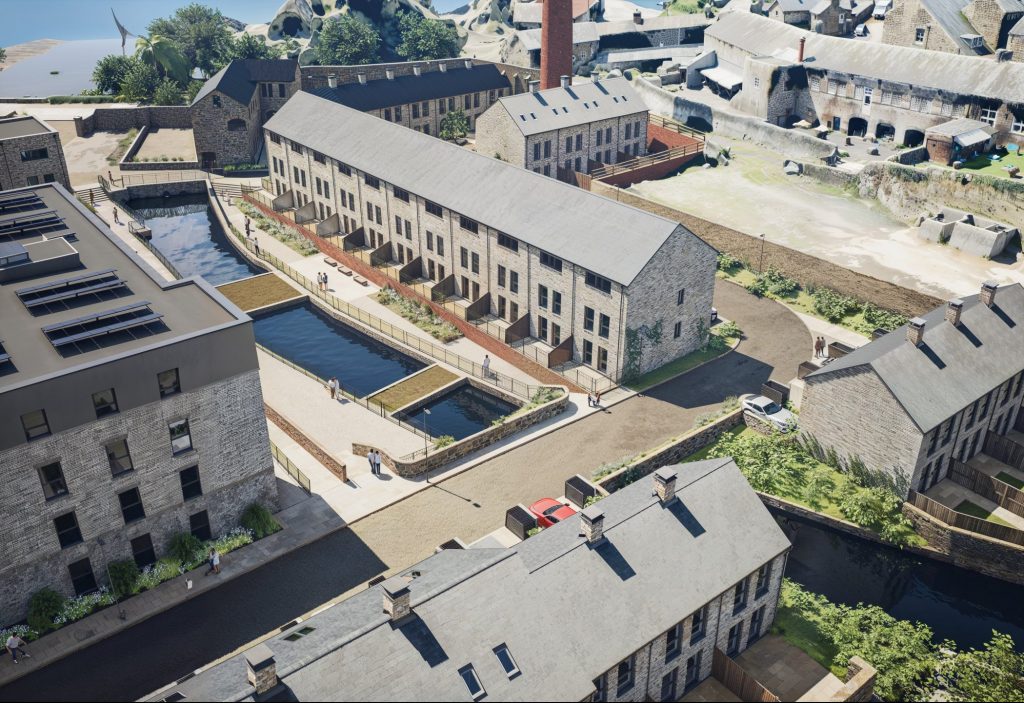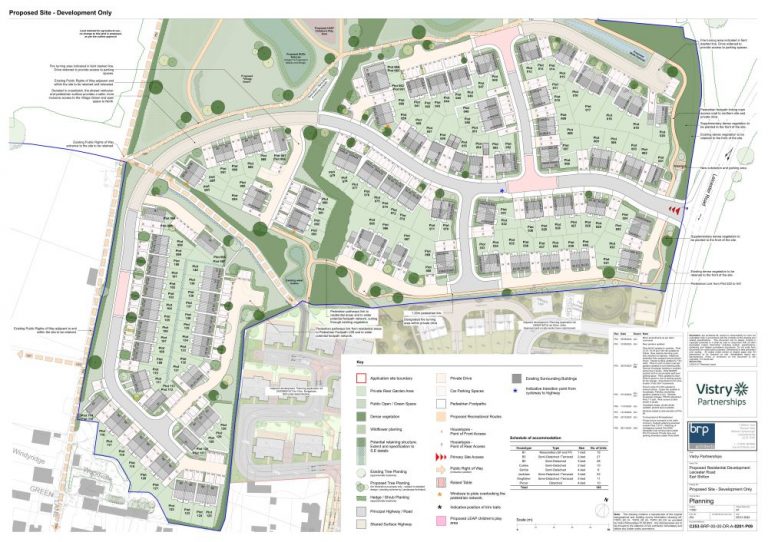Forterra, the manufacturer of clay and concrete building products, is remaining positive, despite a slide in EBITDA and revenue in 2024.
According to a trading update for the year ended 31 December 2024, the Northamptonshire business saw a modest improvement in trading conditions in the final months of the year, with despatches remaining resilient in the run up to Christmas when there is often a more pronounced slowdown.
Full year revenue was slightly below the prior year at £345m (in comparison to £346.4m in 2023), with a double digit increase in second half revenue relative to both the prior year and the first half of 2024. Forterra noted it had benefited from volume gains in some of its concrete products with brick volumes flat year on year. The business added: “We have continued to maintain pricing discipline with selling prices remaining relatively stable across our product range.”
Adjusted EBITDA, meanwhile, is expected to be around £50m, down from £58.1m in 2023.
Looking ahead, the business told the London Stock Exchange: “Whilst we now see signs of modest improvement in our markets, recent heightened macro-economic uncertainty dictates that the timing and trajectory of the recovery remains uncertain.“We continue to take encouragement from the Government’s ambition to materially increase housebuilding but remain wary of the challenges in delivering this. We look forward to the Government considering wider levers to stimulate both supply and demand for new housing and in the short term we are watchful as to any impacts arising from the changes to Stamp Duty on 1 April 2025 which will influence housing affordability.
“We continue to anticipate modest levels of cost inflation heading into 2025, including Employers’ National Insurance contributions as outlined in the Autumn Budget. We have secured around 85% of our energy requirements for 2025 and have good levels of coverage for 2026 and 2027. To mitigate cost increases we have announced selling price increases for 2025 with customer discussions continuing.
“The Group remains well placed to capitalise on a recovering market with our £140m programme of strategic investment in our facilities at Desford, Wilnecote and Accrington nearing completion and providing a 15% increase in brick manufacturing capacity and improved efficiency relative to the previous cycle.”


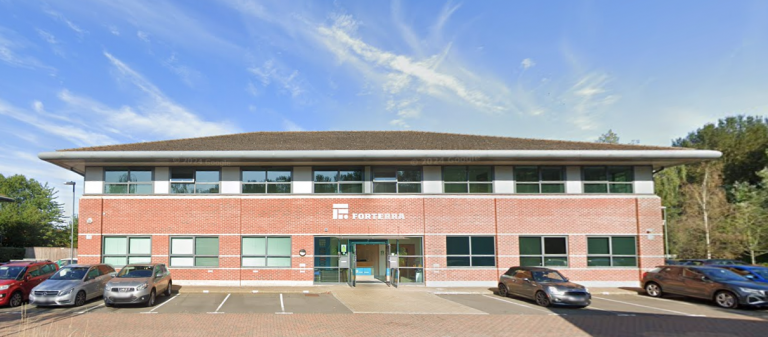
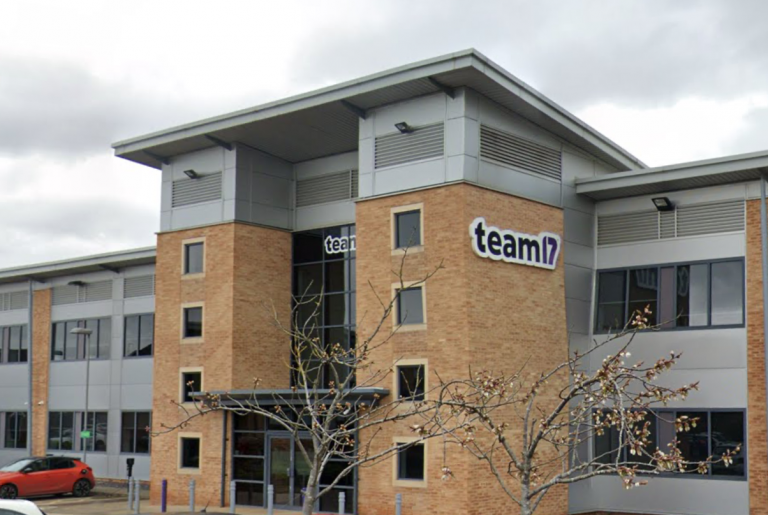





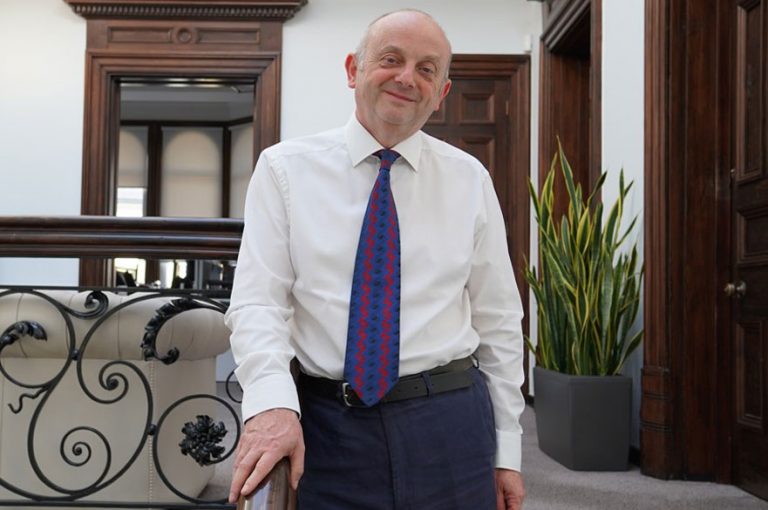
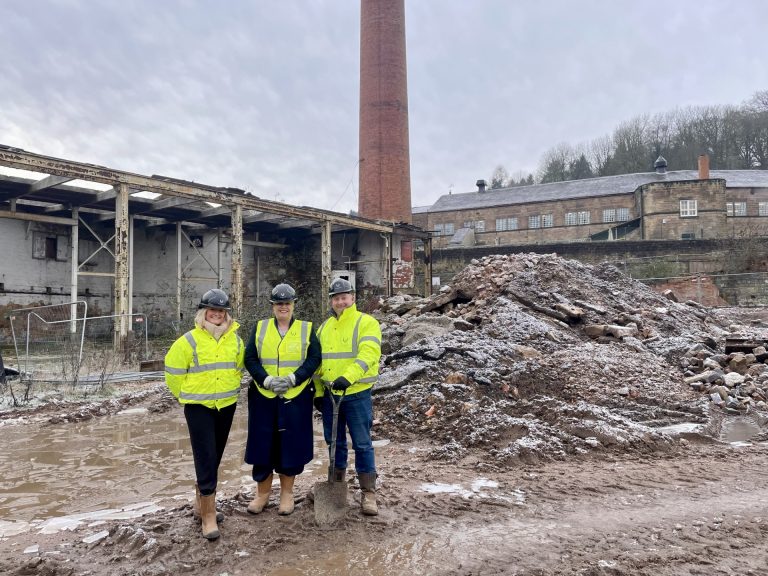
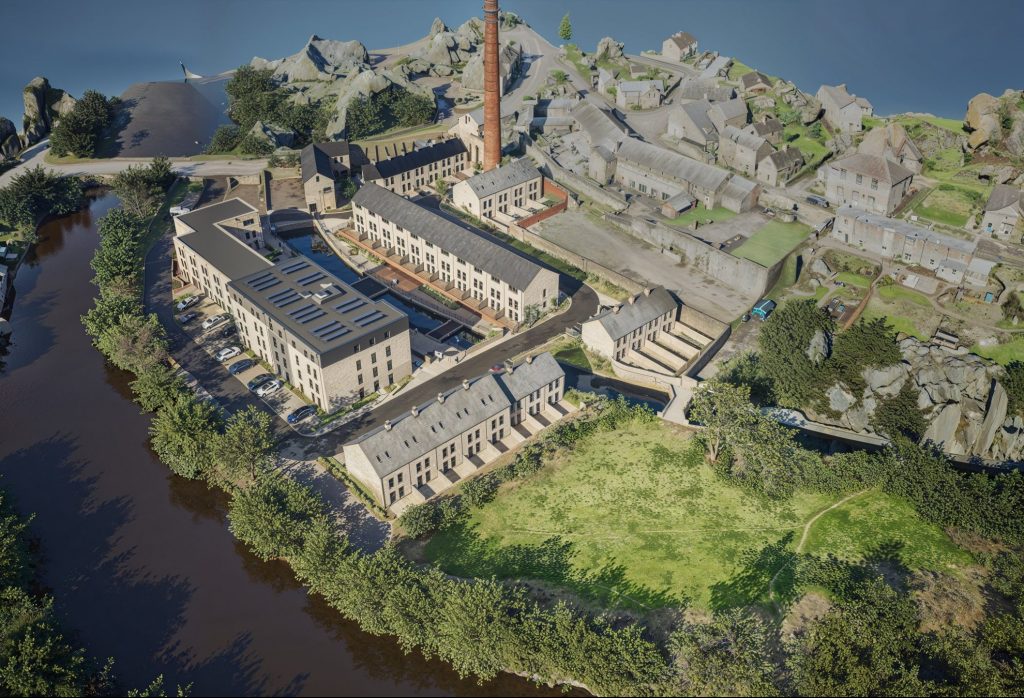 James Dickens, Managing Director of Wavensmere Homes, said: “Locals have been waiting for many years to see this unique and prominent site – in the centre of one of North Derbyshire’s most well-regarded villages – get the green light for redevelopment.
“Milford’s beautiful rural setting, community spirit, and easy access to Derby and the Peak District, makes it very desirable. But the chronic shortage of homes has led to people moving out of the area to find suitable housing.
“Milford Mills’ 69 energy-efficient houses and apartments will cater to first time buyers, families and downsizers. We are proud that local craftsmanship and our fine attention to detail will create a highly sustainable development that will add to the village’s vibrancy and appeal. With these natural stone homes becoming available to reserve, we are urging interested parties to register on our website.”
The houses will be installed with air source heat pumps, while the apartments will have electric heating, with solar PV panels fitted to the roof of the building to generate renewable energy. The site will be further complemented by 1.5-acres of public open space and the recent restoration of the Grade II listed Dye House by Chevin Homes to form a 4,500 sq ft commercial premises.
The former 18th Century cotton mill housed some of the world’s first mechanised industrial spinning factories. The historic features that are being painstakingly restored include the Mill Lade that now feeds a hydroelectric power plant downstream, along with the repair of all original stone boundary walls.
James Dickens, Managing Director of Wavensmere Homes, said: “Locals have been waiting for many years to see this unique and prominent site – in the centre of one of North Derbyshire’s most well-regarded villages – get the green light for redevelopment.
“Milford’s beautiful rural setting, community spirit, and easy access to Derby and the Peak District, makes it very desirable. But the chronic shortage of homes has led to people moving out of the area to find suitable housing.
“Milford Mills’ 69 energy-efficient houses and apartments will cater to first time buyers, families and downsizers. We are proud that local craftsmanship and our fine attention to detail will create a highly sustainable development that will add to the village’s vibrancy and appeal. With these natural stone homes becoming available to reserve, we are urging interested parties to register on our website.”
The houses will be installed with air source heat pumps, while the apartments will have electric heating, with solar PV panels fitted to the roof of the building to generate renewable energy. The site will be further complemented by 1.5-acres of public open space and the recent restoration of the Grade II listed Dye House by Chevin Homes to form a 4,500 sq ft commercial premises.
The former 18th Century cotton mill housed some of the world’s first mechanised industrial spinning factories. The historic features that are being painstakingly restored include the Mill Lade that now feeds a hydroelectric power plant downstream, along with the repair of all original stone boundary walls.
